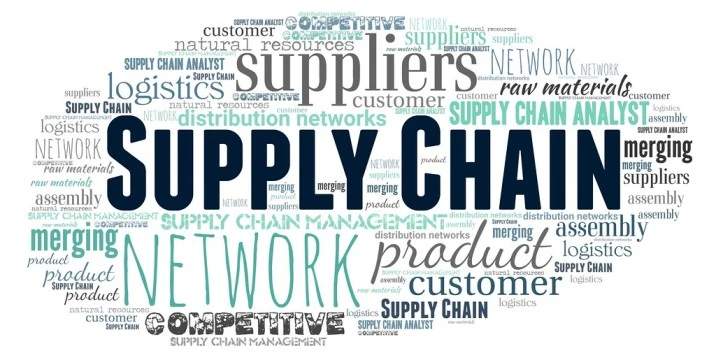The supply chain will have a difficult time adjusting to a world that is changing rapidly in 2024. Sustainable supply chain methods will become essential to remaining competitive in an increasingly cutthroat market, as customers become more aware of businesses’ ethical and environmental concerns.
Strong technologies like blockchain, artificial intelligence (AI), and the Internet of Things (IoT) will continue to revolutionize purchasing procedures in addition to increasing sustainability. This will have a positive effect on logistics operations as well as supplier, partner, and customer relationships.
In 2024, risk mitigation, supply chain control, and operational resilience will all depend on data analysis and information visibility. Organizations will benefit strategically from the capacity to access and evaluate data in real time, especially in this dynamic environment when agility and speedy decision-making are critical.
Read also: Discover the Power of Collaborative Logistics and Its Advantages
The Main Supply Chain Trends for 2024
Check out the key predictions for the supply chain in 2024 below:
1. Resilience
One of the biggest issues to be addressed in 2024 is the capacity to adjust to changes while maintaining supply chain operations. Businesses face a difficult environment full of global crises, changing consumer demand, and climate change. They must be ready to react quickly and efficiently to a variety of situations.
A diverse supplier base lowers the possibility of shortages. Creating business continuity plans that take into account various crisis situations is also a crucial tactic for handling possible disruptions. It will be necessary to utilize cutting-edge technology, including AI and IoT, in order to respond to requests quickly and effectively.
2. Sustainability
In 2024, corporate sustainability will be a major factor in strategic purchasing decisions and will be the driving force behind the pursuit of more morally and responsibly conducted business. ESG considerations are a must to permeate every step of the value chain, from choosing suppliers to shipping goods to customers, demonstrating a persistent dedication to sustainable development.
The urgency of companies’ actions will be highlighted by climate challenges this year. Considering this scenario, some ways to enhance resilience against climate change and its effects on the supply chain, as well as to minimize environmental effects, include offsetting carbon and implementing energy efficiency initiatives and renewable energy adoption.
3. Digitization and advanced technologies
In many businesses, the purchasing process is already digital, and in 2024, this trend is just going to get stronger. Companies free up professionals for more creative and analytical work, which are vital skills in the strategic approach to purchasing, by automating repetitive and non-strategic duties.
Supply chain transformation will continue to be greatly influenced by artificial intelligence, which will propel process automation, demand forecasting, and logistics operation optimization. Utilizing cutting-edge technologies in supply chain management can boost industry efficiency and cut expenses, giving businesses greater flexibility and competitiveness.
4. Data analysis and visibility
A more precise and thorough understanding of the supply chain will be possible in 2024 because of the strategic use of data. Businesses will be better equipped to react quickly to customer needs and fortify their operational resilience by putting advanced data analytics solutions into practice.
In supply chain management, information visibility will be a key competitive advantage for businesses. Making better decisions will be made possible by having access to real-time insights. Businesses will be able to foresee trends, streamline processes, lower operational risks, and fortify supplier relationships with increased visibility.
5. Autonomous and robotic logistics
Logistics automation, facilitated by robotics and self-driving vehicles, will greatly boost business productivity. This is due to the fact that the application of cutting-edge machine learning and artificial intelligence will enhance real-time decision-making even more, encouraging smarter logistics that can adjust to the intricacies of modern society.
Nevertheless, it’s important to emphasize that even though logistics automation has many benefits, good human-technology cooperation is still necessary. Human skill is required to understand data, make strategic decisions, and solve complicated problems that may develop in unusual circumstances.
Did you find this information to be interesting? You can share the link with your colleagues and leave a comment on the post. Please contact us if you have any questions or issues.
Looking forward to the next!



